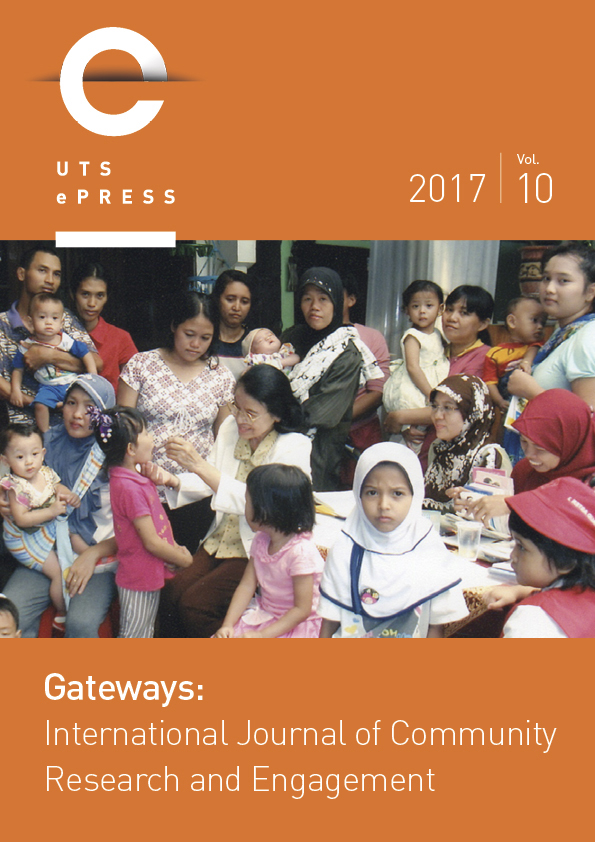University vinculación: A two-way strategy for sustainable development and academic relevance
Main Article Content
Abstract
The public university of the twenty-first century is faced with numerous pressing issues, but none greater than the need to promote social transformation through sustainable development. The authors of this article understand sustainable development as that which brings us closer to a comprehensive social order in which humanity has the challenge of viewing reality in all its complexity, but acting simply in order to solve the socio-environmental problems we suffer. In this article, we ask the following questions: What is the university’s role within complex social structures? How can it produce a vinculación, or two-way interaction, between university and the wider environment that contributes towards sustainable development? Put most simply, where does the university fit in? This article discusses the project of the Universidad Veracruzana: that is, the establishment of a university-wide vinculación or strategic process for attending to society’s needs and problems, via the deliberate inclusion of formal processes into the university’s substantive functions of teaching, research, outreach and cultural diffusion. Furthermore, these processes include feedback mechanisms that impact on the university’s work.
Over many years of engagement, the Universidad Veracruzana has built a very particular vision of the way in which a process can be organized in order to respond to the challenge of social transformation. The subsequent systematization of this experience has led to the development of the University Social Action Model, which is a strategy to clarify the social commitment of the university based on four levels of support: altruism, assistance, advice, and the promotion of self-management for social transformation. This article provides detail on how the model works in practice, as evidenced by the award-winning work of the University Brigades and Casas UV. The ultimate goal of this model is to help shift the role of the university from that of an autocratic leader to a companion for the creation of possibilities for social development. In the end, that is the answer to the question: where does the university fit in?
Article Details

This work is licensed under a Creative Commons Attribution 4.0 International License.
Authors who submit articles to this journal from 31st March 2014 for publication, agree to the following terms:
a) Authors retain copyright and grant the journal right of first publication with the work simultaneously licensed under a Creative Commons Attribution License that allows others to share and adapt the work with an acknowledgement of the work's authorship and initial publication in this journal.
b) Authors are able to enter into separate, additional contractual arrangements for the non-exclusive distribution of the journal's published version of the work (e.g., post it to an institutional repository or publish it in a book), with an acknowledgement of its initial publication in this journal.
c) Authors are permitted and encouraged to post their work online (e.g., in institutional repositories or on their website) prior to and during the submission process, as it can lead to productive exchanges, as well as earlier and greater citation of published work (See The Open Access Citation Advantage Service). Where authors include such a work in an institutional repository or on their website (ie. a copy of a work which has been published in a UTS ePRESS journal, or a pre-print or post-print version of that work), we request that they include a statement that acknowledges the UTS ePRESS publication including the name of the journal, the volume number and a web-link to the journal item.
d) Authors should be aware that the Creative Commons Attribution (CC-BY) License permits readers to share (copy and redistribute the work in any medium or format) and adapt (remix, transform, and build upon the work) for any purpose, even commercially, provided they also give appropriate credit to the work, provide a link to the license, and indicate if changes were made. They may do these things in any reasonable manner, but not in any way that suggests you or your publisher endorses their use.
For Volume 6 (2013) and before, the following copyright applied:
Articles published by UTSePress are protected by copyright which is retained by the authors who assert their moral rights. Authors control translation and reproduction rights to their works published by UTSePress. UTSePress publications are copyright and all rights are reserved worldwide. Downloads of specific portions of them are permitted for personal use only, not for commercial use or resale. Permissions to reprint or use any materials should be directed to UTSePress.
